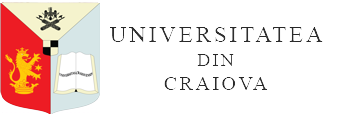THE RESPONSE OF SOME ROSE VARIETIES TO THE ATTACK OF THE PATHOGEN DIPLOCARPON ROSAE WOLF IN THE CLIMATIC CONDITIONS OF 2023
DOI:
https://doi.org/10.52846/aamc.v53i1.1462Abstract
The research was carried out on 10 varieties of roses grown in the "Alexandru Buia" Botanical Garden. During the growing season, field ratings were made on the frequency (F%) and intensity (I) of attack in order to calculate the degree of attack (GA%). The determinations were made at three different times, namely in June, September and October.Depending on the average values of the degree of attack at the three determinations, it was found that two varieties behaved as sensitive with attack degree values of 8.06% and (Ajsa) and 10% (Terracotta), respectively, and eight varieties as very sensitive with values between 15.83% (Velvet Fragance) and 35% (Melina).The quantification of the effect of the attack of the pathogen Diplocarpon rosae Wolf on the monitored rose varieties revealed changes in some biological characteristics related to the ratio of foliole length and width to the same parameters in the case of unattacked organs. The most severe loss was due to their response to attack by the pathogen Diplocarpon rosae Wolf


